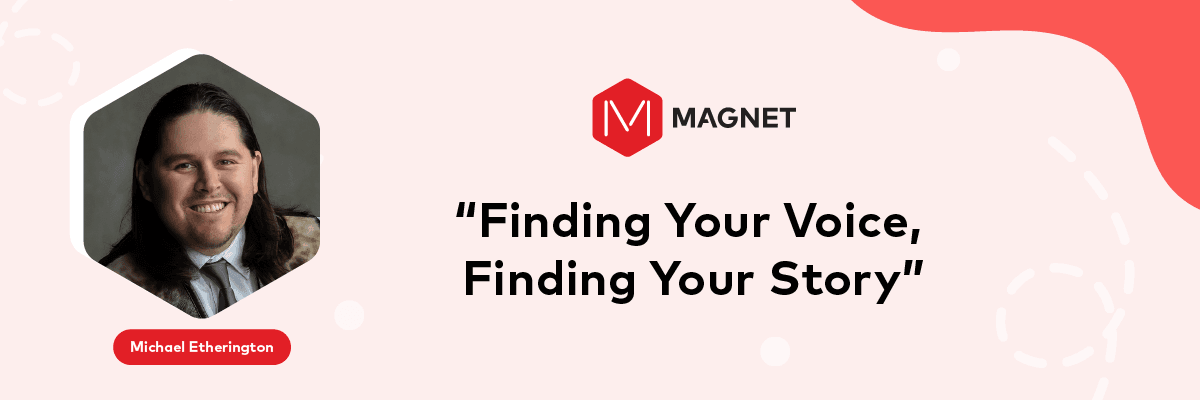
Michael Etherington: Canadians must ‘wake up’ and come together on ‘difficult’ path to reconciliation
Indigenous relations consultant Michael Etherington says it’s time for Canadians to “wake up” and move forward together on the “difficult path” that leads to a shared understanding and acknowledgement of past wrongs and, eventually, meaningful reconciliation.
Etherington joined Magnet on June 30, the final day of National Indigenous History Month, to deliver his keynote address ‘Finding Your Voice, Finding Your Story.’
“One of the destructive elements for Indigenous people and non-Indigenous people, as Canadians, is that we have not been taught that narrative about who we are and where we come from,” Etherington said. “We may have to take a few steps back to further that understanding about what our identity is.”
Those steps towards discovery, Etherington said, are essential to fulfilling his “fundamental belief that…this country can move forward in a manner where we continue to foster and build strong bridges together.”
Etherington is a proud Omushkego-Cree from Treaty No. 9 territory, with roots and heritage from the Fort Albany First Nation around James Bay, Ontario. From the early 1900s until the 1970s, several generations of his family attended residential schools. He is the first member of his family who did not attend residential school.
Etherington’s mother waited until Michael was in his mid-twenties before telling him about her experiences at residential school, wanting her son to be old enough to better understand and comprehend what she and others had endured.
“What if she told me when I was 10 or 12?,” Etherington asked the webinar audience. “That would have downloaded that intergenerational trauma onto me. She wanted to make sure there was a level of growth for myself, that I was ready to hear these conversations.”
Now, just over a decade on from that first revelation of his mother’s painful memories, Etherington has seen how the grisly news that put Canada in international headlines shook non-Indigenous Canadians out of a collective “lull” and awakened an appetite for the kind of progress towards reconciliation that many Indigenous Canadians have long sought.
“Then, once we start talking about truth, reconciliation, and justice, we’re not dealing with five per cent of the population, we’re dealing with the country as a whole, where 100 per cent of the population is saying ‘We care about this conversation,’” Etherington said. “That’s what we want to see, is the meaningful change.”
To learn more about Michael, or to contact him, please visit michaeletherington.com.
